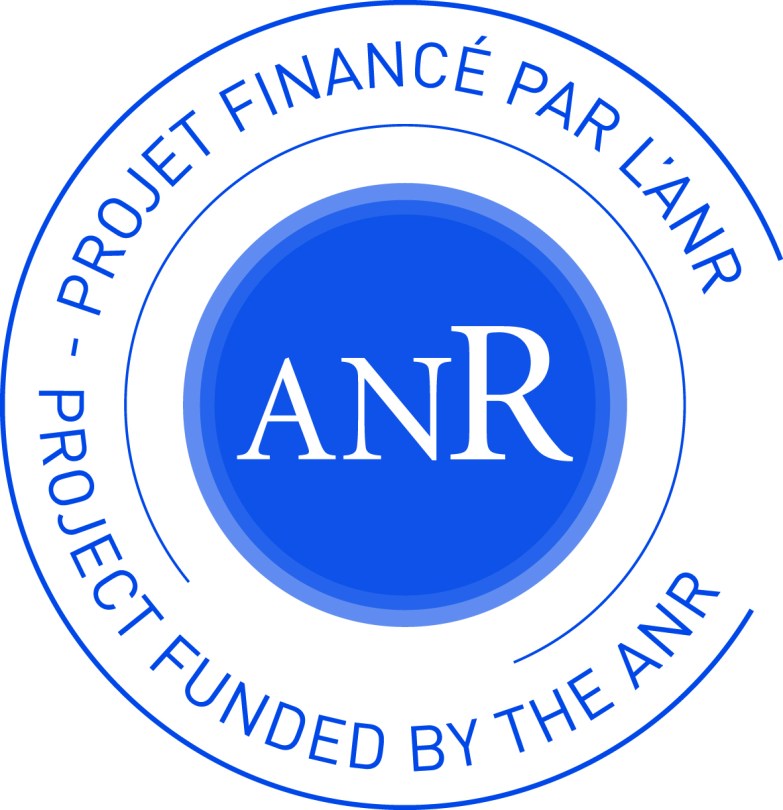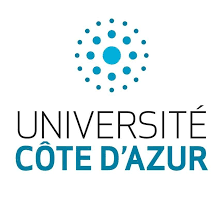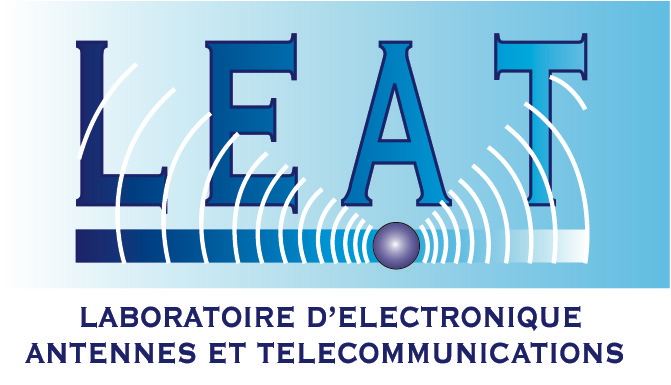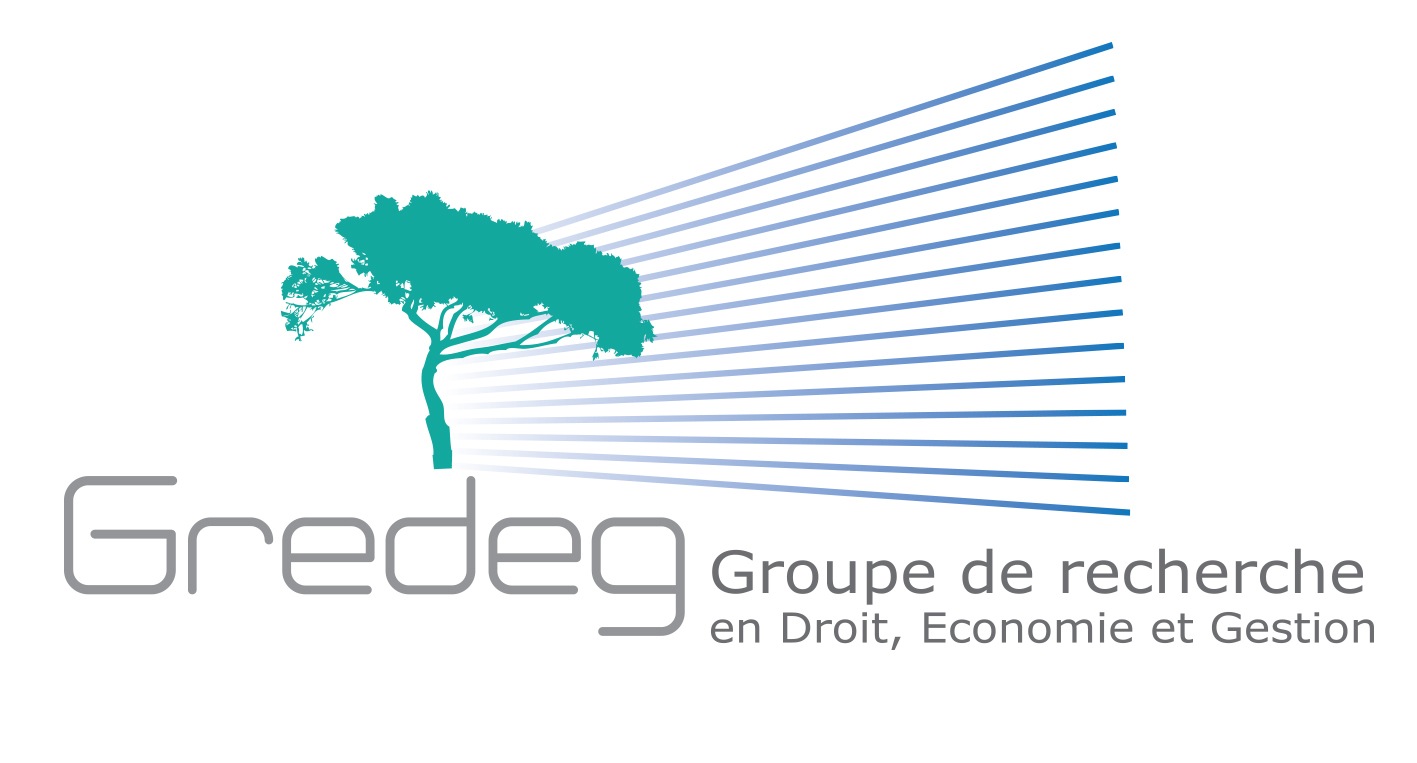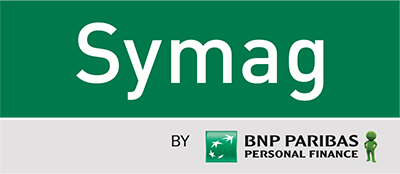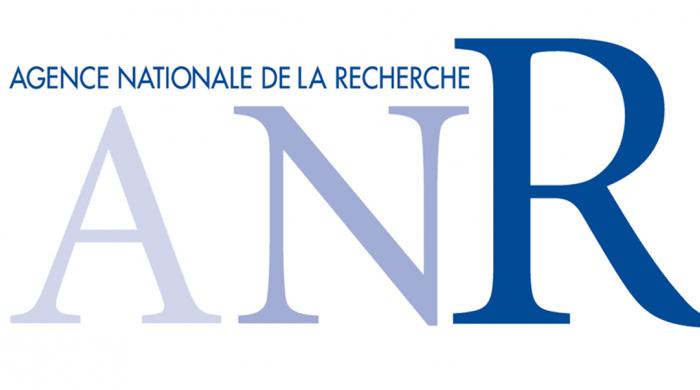
SIM
Smart IoT for Mobility
A research project funded by French (ANR) agency.

About Smart IoT for Mobility research project
The objective of the Smart IoT for Mobility project is to develop a first trans-disciplinary scientific approach to a new economy,
mainly based on the adoption of a virtual currency and, above all, on the execution of intelligent contracts (Smart Contracts), the
whole being really adaptable to the rising generation of Internet of Things (IoT).
This new economy is based on the disappearance of trusted third parties - typically the banks - or rather on the complete
decentralization of these and the almost systematic adoption of an Internet-type network shared by "customers".
It is necessary to imagine devices (computers, smart phones, embedded communicating architectures...) which are all related
to each others by such a network. Each participant in this network (a customer, a service provider) is identified by a unique
address, assigned when he joins the system, which will be used for its identification in all the transactions he will make.
This model is decentralized as it has no central control authority, unlike the traditional banking model. The Smart IoT for
Mobility project is particularly interested in Smart Contracts, for their central use in this decentralized economy, and on
operational ways to execute and deploy them.
The identified Use Case
The particular Use Case that will be experimented in this project is the Smart Service Book, that is proposed by Renault Software Labs.
The vehicle accident scene can generates different smart contracts: one for the insurance, one for reparation, one for expertise with
contextual data (describing the impact with photos and/or videos and map position) collected just before the impact.
This special scenario of the “Smart Services Book” can be enriched by other scenarios in the future or during the project, for example,
the predictive maintenance for fleet/lease managements. It can also enable other services, for example for car sharing, individualized
Car Insurance, multi-modality transport or whatever.
In the context of this project, we plan to make an exhaustive study covering all the subjects above. Moreover, Renault SW Labs SAS plans
to use a special internal development hardware kit. It will be plugged in the CAN Diagnostics bus of the car allowing to upload data
including sensors data… The initial plan is to exercise this concept with a Renault ZOE as the vehicle.
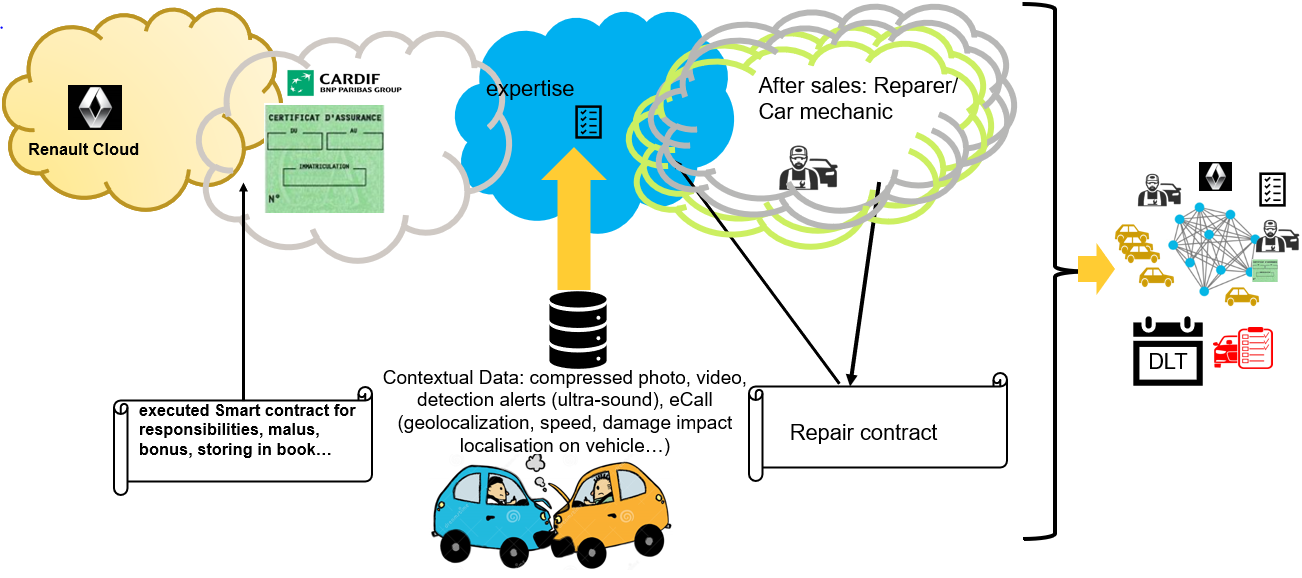

A multi-disciplinary project.
This project implies several researchers, from different disciplines, that are all interested in blockchains, smart contracts, or even in decentralized organisations. The global task force is separated into lawyers, experimental economists and economists, computer science specialists and electronics. In addition, this project involves also industrials form Renault and form Symag.
- 1. From the legal point of view, it is a challenge to assess which data could be shared (anonymously or not), how a smart contract can be a trusted contract, how it can co-exist with traditional laws, comply with GPDR rules? One of the difficulties in building the blockchain will be identifying nodes and oracles. The architecture of the blockchain will have to ensure an automated contractual relation between all the contracting parties by envisaging from the beginning all the "life of the contract", ie: all the events that will be able to happen during the execution of the contract. This implies a good knowledge of the uses in the automobile distribution sector and induces a multidisciplinary dialogue between lawyers and technicians. The rules of Contract Law must be respected. The automatization due to the use of smart contracts will have to be programmed in accordance to legal requirements. For this purpose, the collective work between lawyers and computer engineers will be necessary and instructive. The lawyers will tend to check that the interests of the parties in the agreements will be respected and protected.


- 2. From an economics and organizational point of view, new challenges of smart contracts concern data sharing processes in an industrial context, as well as users’ adoption/acceptance (as resulting from the characteristics of information transfer in the IoT ecosystem). Mainly for this reason, the technological implementation of the use-case cannot be conducted in isolation from the economics and organizational analysis of the “customer-centric business environment” of the “smart services book”. While the customer/user could benefit from the ecosystem (from where value is created), his/her trust in the platform and service co-supplied by the different ecosystems members pre-determines the success of the technological diffusion. Beyond providing a better understanding of what trust is, research conducted by the management and economics team aims at discussing what leads to trust; i.e. organizational and individual factors that could influence the adoption of these new mobility services. Technology acceptance models have been largely developed in the literature and are not well-equipped to analyze the adoption of disruptive technologies that are not yet stabilized on the market. As a result, a complementary objective of this project is to use laboratory and field experiments to determine main factors of acceptability by potential users of these new technological tools, which involve disrupting institutional rules. Experiments will aim at isolating individual characteristics such as aversion to ambiguity or to lying that could affect the acceptability of smart contracts.
- 3. From the computer science point of view a Smart Contract is a program accessible and auditable by anyone, whose execution is verifiable and therefore verified, designed to execute the terms and clauses of a legal contract automatically when certain conditions are verified. In this context, the contribution of computer scientists to the “Smart IoT for Mobility” project concerns the definition of a domain-specific language to describe smart-contracts, their simulation and execution on a real platform. The challenge we will face is the transformation of traditional law contracts into IT objects, but also what it meaning of verifying smart contracts with respect to lawyers requirements independently from more traditional functional and non-functional constraints that we are used to deal with.

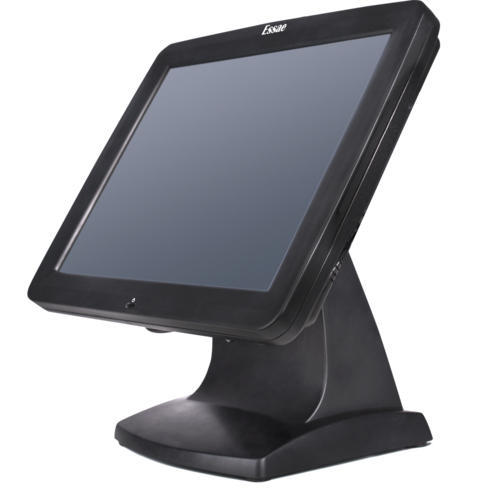
- 4. From an electronic point of view, embedded aspects of the technology in a so constrained autonomous system - in power consumption, processing power - is a big challenge. Actually, cars could be considered themselves as a node of a blockchain network. In such considerations, several questions emerged as listed below: Which useful data to upload? How a distributed ledger (DLT) can be stored in the Electronic Control Unit (ECU) of the car? Is it viable storing this DLT directly in an ECU of the car? Or only selected compressed data, or only their hashes? Which DLT technology type to choose? To modify? How could be the on/off board partitioning done? Computation/power processing will be also a big concern in embedding a DLT in cars. The first technical challenge is related to the simulations of these contracts at scale on IoT devices, based on a clear definition - legal & technical - of a smart contract. The second technical challenge consists in establishing a language deploying these contracts on a set of IoT devices, regardless of their hardware architecture. And the third technical challenge is to take a target architecture and fully simulate its operation to ensure that it will work properly before deployment.
A significant step
The adoption of Smart Contracts in IoT platforms is the main originality of this project. Smart contracts have the characteristic of being able to read and understand each other and to run at any moment. In addition to the work mainly carried out by Gavin Wood on Ethereum on the first blockchain and smart contracts application development platform, we believe it is necessary to seize this revolution and adapt it to the case of IoT architectures. Some lawyers asked the question whether blockchain is a revolution or just an evolution. It is sure than whatever it is, Law is essential to accompany and regulate those new technologies. Concerning the adoption perspective and questions of acceptability of these new digital devices, smart contracts conduct to the emergence of a new “blockchain economy” which has been recently studied regarding its governance transformations. This project aims at discussing some unexplored questions, such as: how is trust affected by the blockchain economy; what is the role of institutions in the blockchain economy, how is system use incentivized in the blockchain economy, how do business models shape the blockchain economy? These questions have started to be explored with the production of preliminary results in the Smart IoT for Mobility project.
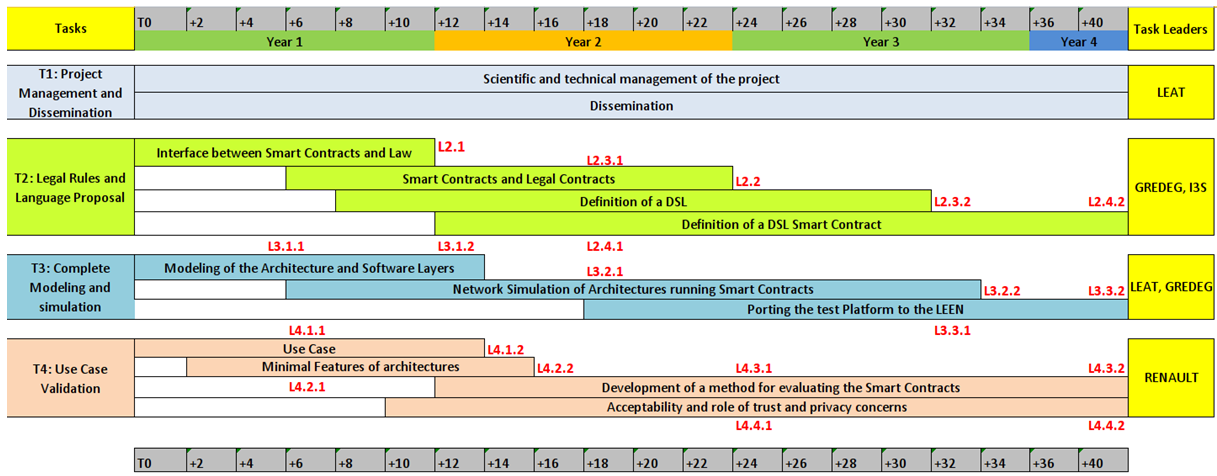
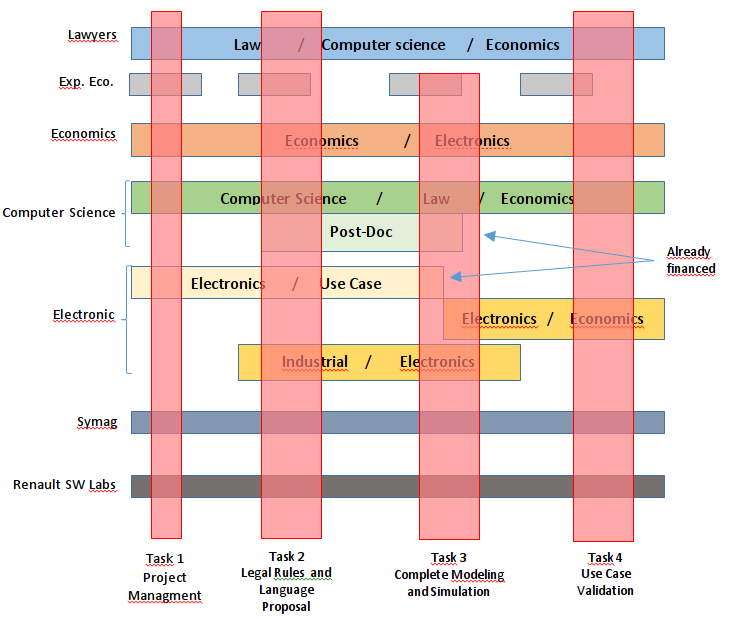
Main goals
Four main goals
- To be able to define a formal and natural language that is legally-verified
- To validate the complete layers on an IoT platform
- To test the acceptability of users on these new applications
- And to write a Smart Service Book for testing in real platforms
